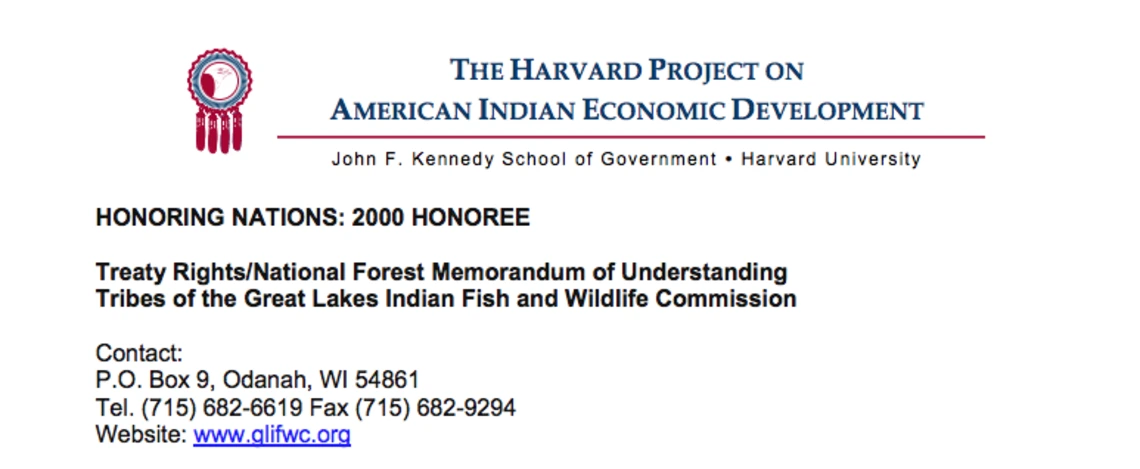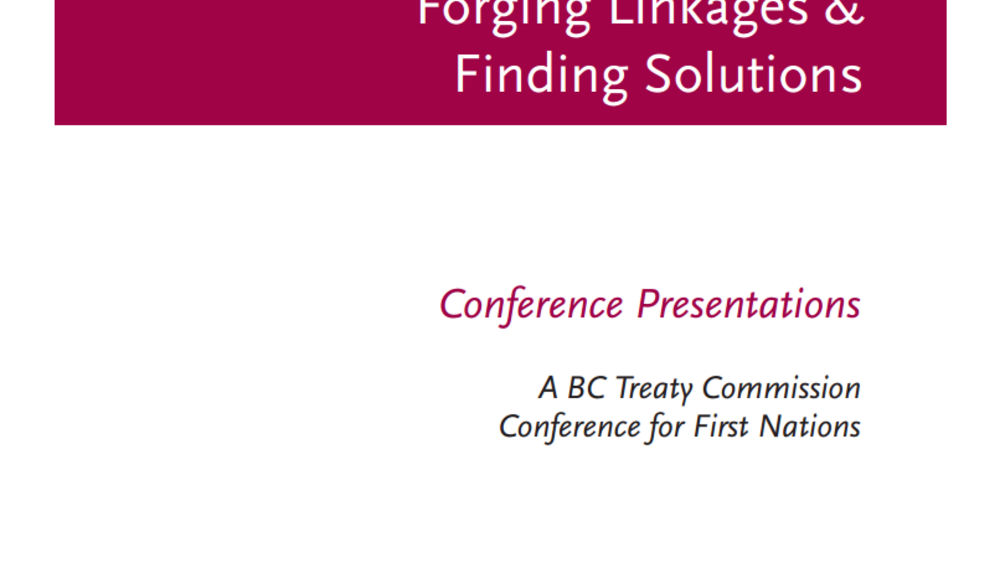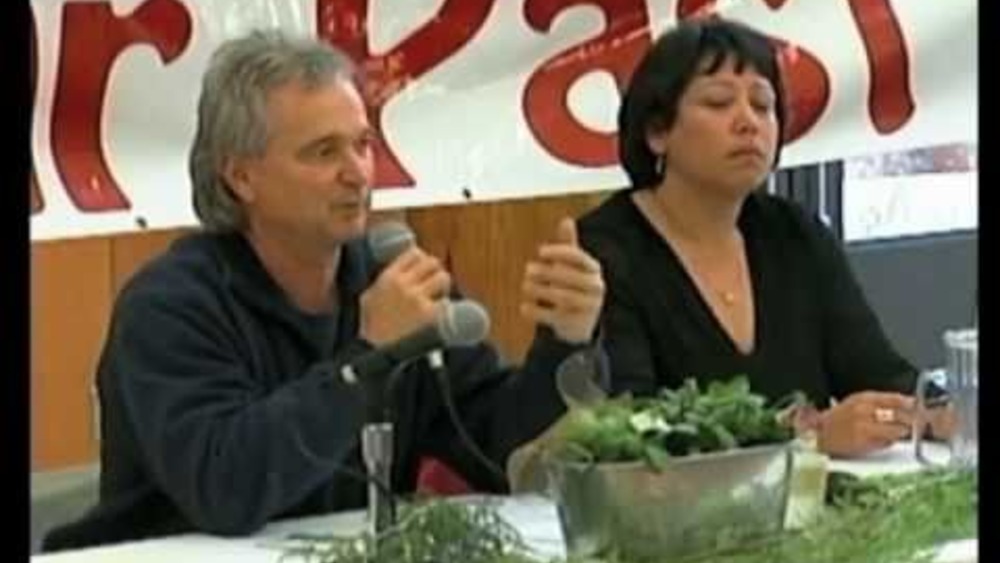The Great Lakes Indian Fish and Wildlife Commission (GLIFWC), a tribally chartered intertribal agency, negotiated a memorandum of understanding (MOU) with the US Forest Service that both recognizes and implements treaty-guaranteed hunting, fishing, and gathering rights under tribal regulations and establishes a consultation process for National Forest management decisions that affect treaty rights. Under the MOU’s government-to-government process, there is increased communication, consultation, and integration of the tribes into National Forest decision-making on issues such as sugar bush management and timber harvesting. The MOU establishes standards and processes by which the Forest Service and the Tribes will act consistently across the four National Forests located within areas ceded by the Chippewa in the Treaties of 1836, 1837, and 1842. The MOU provides a model for other tribes seeking to exercise tribal self-governance and to protect treaty resources through a negotiated agreement with a partnering agency from another jurisdiction.
Additional Information
"Treaty Rights/National Forest Management Memorandum of Understanding". Honoring Nations: 2000 Honoree. Harvard Project on American Indian Economic Development, John F. Kennedy School of Government, Harvard University. Cambridge, Massachusetts. 2001. Report.



